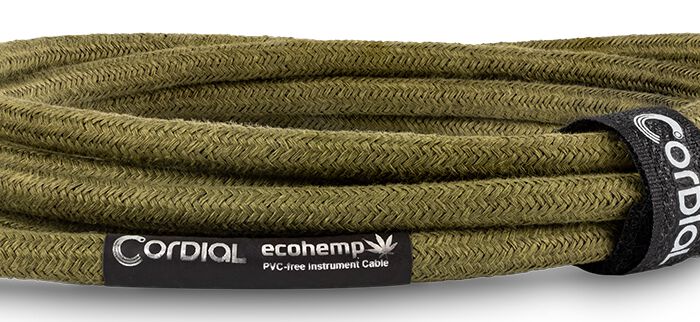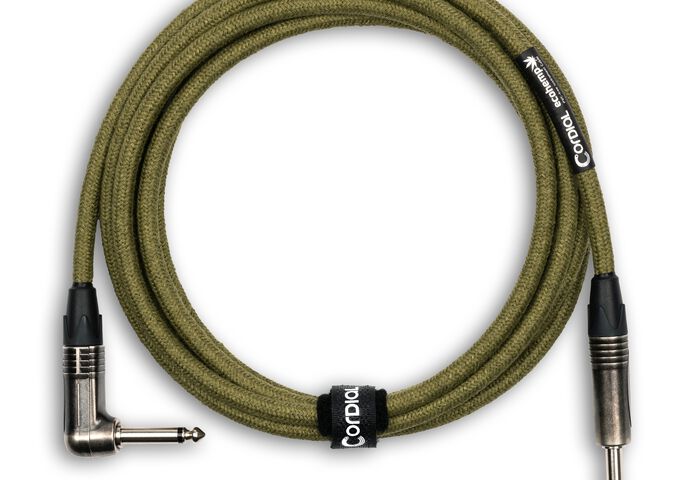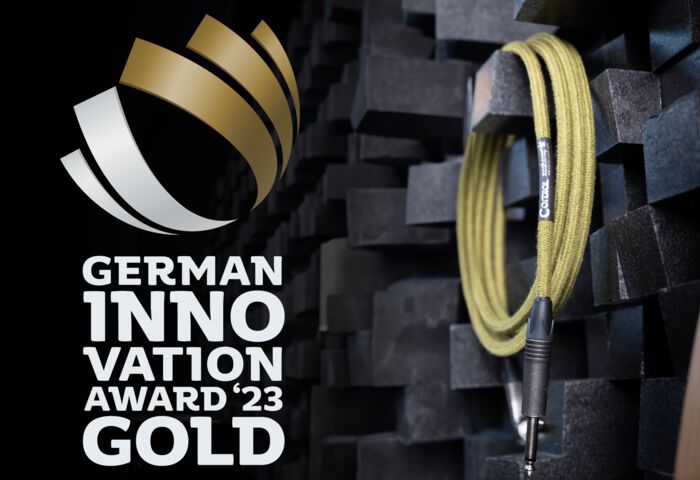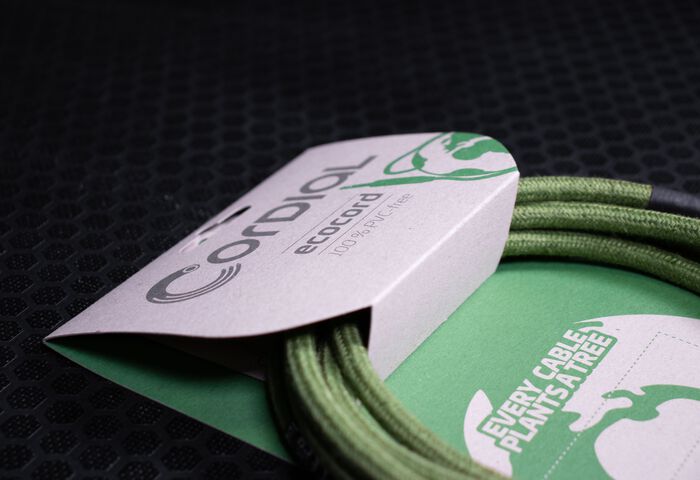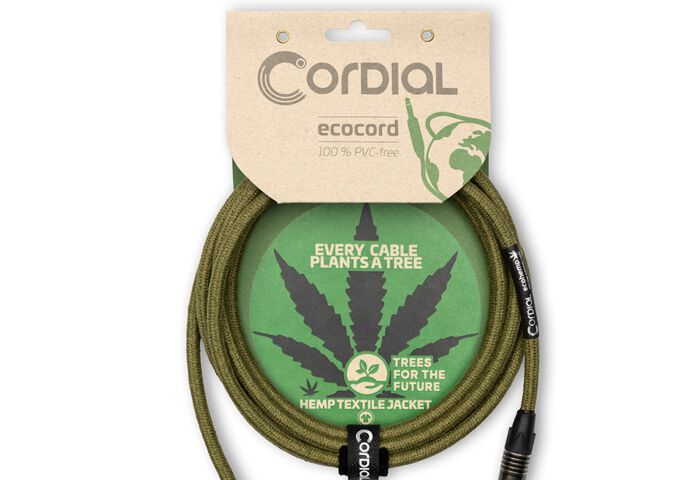We commissioned the renowned independent textile research center DTNW Öffentliche Prüfstelle GmbH in Krefeld, Germany, to test the ECOHEMP hemp fabric jacket (as well as other textile jacket materials) under various typical scenarios.
Various checks were carried out in the test laboratory resulting in an excellent assessment in every particular and the granting of the required test certificate for the ECOHEMP jacket material.
The commissioned test center checked the following aspects within the framework of comprehensive, application-oriented testing phases:
Exposure to light:
To deal with this aspect a so-called xenotest was performed. For this purpose, cable sections were clamped in a test device and exposed to light for up to 240 hours. The special lamp incorporated into the device generates an artificial light that mimics sunlight. In principle, prolonged exposure to sunlight can lead to color changes in materials. Even after 240 hours of simulation, though, this was not detected in the sample material. The laboratory therefore affirmed a sound lightfastness of our product.
Abrasion:
After taping the cut edges of the samples (to prevent scuffing at the edges), the lab performed tests in a so-called "pilling box". On the one hand, a test in a "normal" box with cork walls was performed, and, on the other hand, the walls were covered with sandpaper and another abrasive body wrapped with sandpaper was placed next to the samples. By rotating the box in preset cycles, scouring contacts were then generated among each other, as well as with the walls, thus simulating material stress.
Soiling:
In this test the experts also used material samples with taped ends. The test laboratory pretreated the individual material sections with diverse test liquids, which can typically also occur in "daily cable routines", e.g. beer, cola and fog fluid.
On the one hand, the liquid was dried on the sample, and on the other hand, the test was started with freshly applied liquid right away. The samples were then placed in test vessels containing small amounts of the respective reference dirt. These vessels were then put in a shaker box. By rotating the box around its own axis the cables in the vessels move and come into contact with the reference dirt.
Hydrolysis
For this test scenario, the laboratory immersed the cable sections wound onto a specimen holder (and fixed with thread) in a vessel filled with water, which was then sealed. After storing it in an oven at 110 °C for 7 days, the vessel was reopened. The following examination revealed that the colors had deteriorated slightly (except for the EDITION 25 jacket, which was also tested). However, according to the test center, this is not unusual. Normally, this procedure is mainly used for other products (e.g. backpacks), but not for cables. Slight color losses may therefore occur. After all, no cable is submerged in water and placed in a hot oven for 7 days "in real life".
All in all, DTNW Öffentliche Prüfstelle GmbH was very satisfied with the results regarding our new product.
The positive results in all performed tests led to the assignation of the targeted test certificate for the new ECOHEMP hemp fabric jacket. The certificate proves that it will withstand the typical stresses and strains of daily routines of cable use very well, even over long periods of operating life.
*In the picture, by the way, the white sample is the hemp textile coat - the matching brown/green color was added at a later date.


